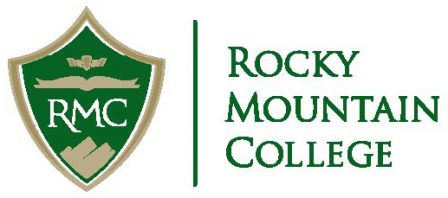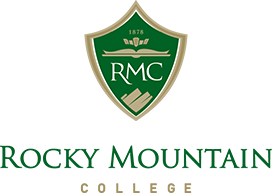FAQ
May 2, 2023 2024-03-22 17:081. How many times do you ride during the week?
We ride three times a week in our riding classes on Monday, Wednesday, and Friday. There is also a lecture session for these classes on Tuesday. We recommend you ride on your own as homework two to three times per week.
2. May I bring my own horse?
Yes, you may bring your own horse as long as they fit the class requirements. Your horse needs to be able to walk; trot; pick up the correct leads; readily do most lateral movements such as side pass, leg yield, turn on the haunches, and turn on the forehand; and move in collected frames. They must have only three gaits. We have a rigorous schedule for the horses and seasoned horses are preferred. The fundamental horsemanship classes focuses on the rider, improving their equitation, skill, and control of their horse. For the students to maximize his or her education, seasoned horses are the best choice. No stallions allowed. For more information about whether your horse is right for the program, contact Emily Brester, director of the equestrian program.
3. What if I don't have my own horse?
Lease horses are available for the students who do not own their own horse or choose to not bring their own horse to RMC. Most of our lease horses are frequently used in our program and are provided by owners in the area. These lease horses are generally semi-retired show horses or horses we have trained within the program. Our lease horse alumni includes an AQHA Congress champion, AQHA World Show top ten horse, as well as futurity champions.
Lease horses are paired with students for the semester at no charge to the student. Students are responsible for the care and standard costs associated with keeping a horse at RMC, such as basic farrier care (shoes every eight weeks) and basic veterinary care (vaccinations and de-worming every semester). In addition to the farrier and veterinary care, the student with a lease horse pays the same equestrian fee as a student with their own horse.
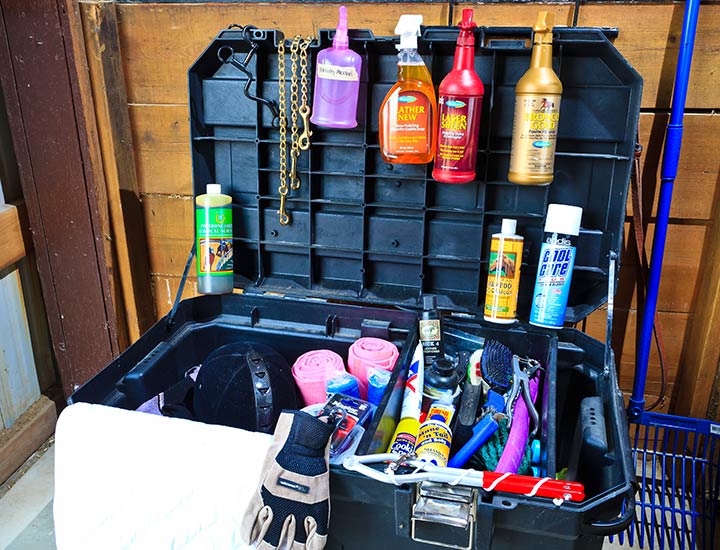
4. What equipment do I need?
Check our equipment lists on the forms and links page. For the Fundamental Horsemanship 1 course you will be required to have a helmet, a western saddle, and all horse care equipment. Other courses have additional tack and equipment requirements.
5. What type of riding gear do I need?
At RMC the typical garb for our students is casual western. You will need western style boots and comfortable jeans. As we prepare students for a professional industry we encourage our students to wear effective and safe riding apparel with an eye toward developing their business image. Other riding classes may have specific riding apparel for safety reasons.
6. Who will take care of my horse during the week?
Monday through Friday you are required to clean your stall as well as execute your assigned horse's exercise program. Our students work together in teams to feed and water all of the program horses twice daily. There are additional assigned chores for the morning and afternoon chores teams to develop the student's ability to manage horses in a stabled environment. The upperclassmen take care of the 7 a.m. feeding and chores, while the freshmen chore team starts at 4 p.m. On the weekends, you are assigned a chore group, and your group will do all the stable chores two or three weekends a semester. You are assigned around six to nine stalls, as well as given specific chores for both the morning and afternoon feedings.
7. Who will take care of my horse over breaks?
Over school breaks our leased facility, White Aspen Ranch, provides for the daily care of the program horses. Over winter break the owner of the horse must provide for their board.
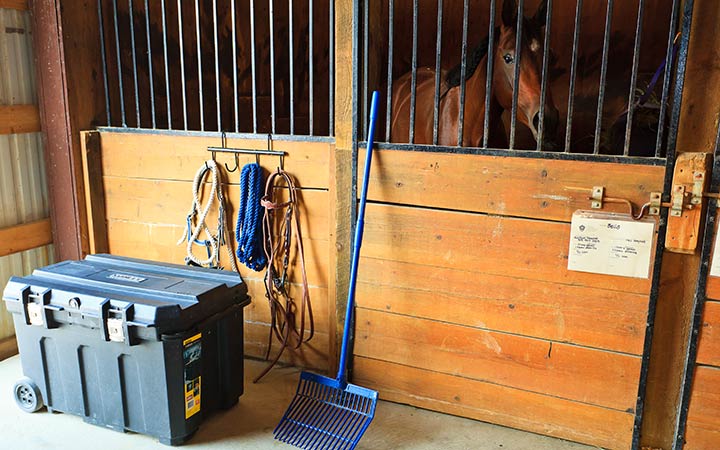
8. Are there additional equestrian fees?
Yes, equestrian fees are charged in addition to your RMC tuition. The equestrian fees may vary to reflect changing costs within the industry. Contact the admissions & aid or see the tuition and fees page for details.
9. What are the turnout options for the horses?
There are many round pens available for horses to get some fresh air and freedom during the day.
10. What do the horses eat?
We are provided with two kinds of hay and whole oats to balance the horses' feed ration. Feeding twice a day, the menus for our horses are monitored to provide optimum nutrition. Typically, the nutritional requirements of our school horses on our standard workload is balanced by feeding two flakes alfalfa and whole oats twice daily. Additional supplements or special feeds are provided by the owner of the horse at the owner's cost.
11. Are there scholarships available?
Yes - contact the admissions & aid office, and they will be able to point you in the right direction.
12. Are there equestrian activities for me at RMC?
Yes - students who enjoy competition may become part of the IHSA Team. Upperclassmen inclined toward public speaking often enjoy the challenge of the Judging Team.
13. Is it fun?
Yes - horses are our greatest passion and as our students hone their skills they can express their passion for horses in their own unique style.
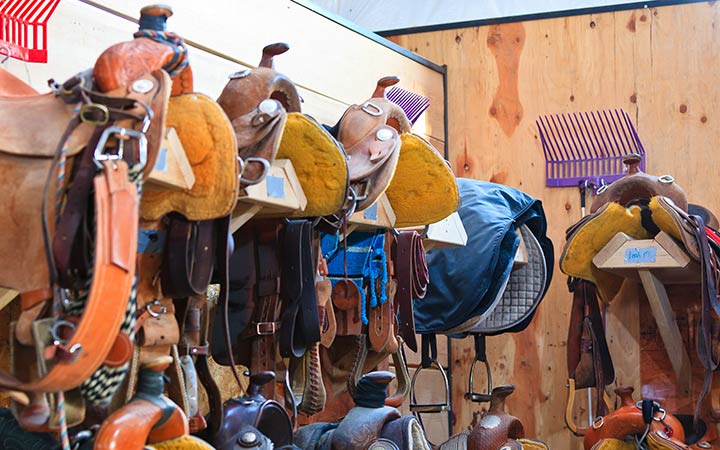
14. How do I find out more?
Contact Emily Brester, director of the equestrian program, for more information about this outstanding program.
15. What documents are required for horse transportation in the state of Montana?
Traveling to Montana with horses requires a health certificate and import permit. Both of these documents are obtained through a veterinarian. In Montana, you will need a brand inspection before you cross county lines, leave the state, change owners, sell at auction, or before slaughter. Further information can be found on the Montana Department of Livestock's website.
The above photos show how the students utilize stall fronts, totes, and tackrooms for storing their tack and supplies.
Contact
Emily Brester
Interim Director of Equine Studies
